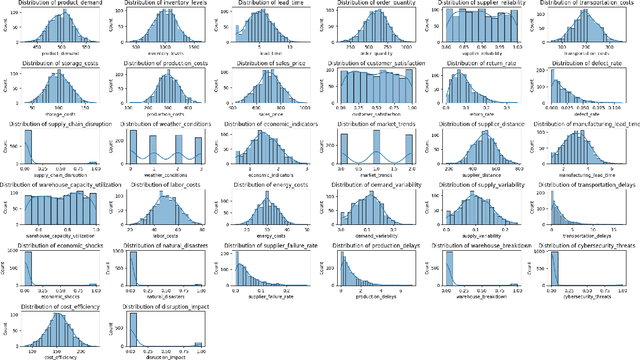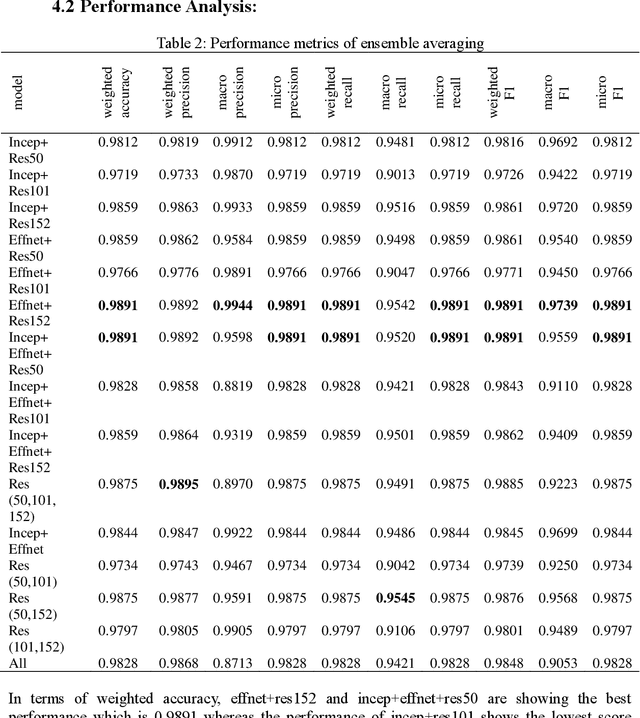Abdullah Abdullah
Uncertainty in Supply Chain Digital Twins: A Quantum-Classical Hybrid Approach
Nov 15, 2024



Abstract:This study investigates uncertainty quantification (UQ) using quantum-classical hybrid machine learning (ML) models for applications in complex and dynamic fields, such as attaining resiliency in supply chain digital twins and financial risk assessment. Although quantum feature transformations have been integrated into ML models for complex data tasks, a gap exists in determining their impact on UQ within their hybrid architectures (quantum-classical approach). This work applies existing UQ techniques for different models within a hybrid framework, examining how quantum feature transformation affects uncertainty propagation. Increasing qubits from 4 to 16 shows varied model responsiveness to outlier detection (OD) samples, which is a critical factor for resilient decision-making in dynamic environments. This work shows how quantum computing techniques can transform data features for UQ, particularly when combined with traditional methods.
A Hybrid Transfer Learning Assisted Decision Support System for Accurate Prediction of Alzheimer Disease
Oct 13, 2023



Abstract:Alzheimer's disease (AD) is the most common long-term illness in elderly people. In recent years, deep learning has become popular in the area of medical imaging and has had a lot of success there. It has become the most effective way to look at medical images. When it comes to detecting AD, the deep neural model is more accurate and effective than general machine learning. Our research contributes to the development of a more comprehensive understanding and detection of the disease by identifying four distinct classes that are predictive of AD with a high weighted accuracy of 98.91%. A unique strategy has been proposed to improve the accuracy of the imbalance dataset classification problem via the combination of ensemble averaging models and five different transfer learning models in this study. EfficientNetB0+Resnet152(effnet+res152) and InceptionV3+EfficientNetB0+Resnet50(incep+effnet+res50) models have been fine-tuned and have reached the highest weighted accuracy for multi-class AD stage classifications.
 Add to Chrome
Add to Chrome Add to Firefox
Add to Firefox Add to Edge
Add to Edge